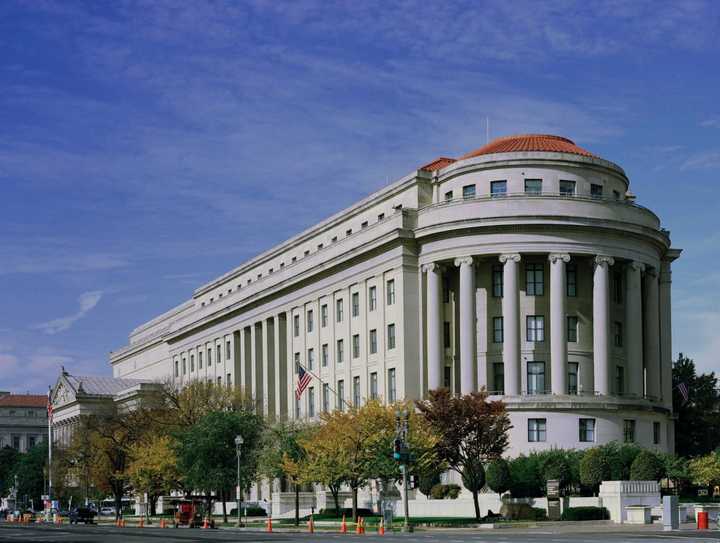The FTC announced that they have filed a lawsuit against Global Asset Financial Services Group (GAFS) and 15 other related companies that allegedly operated a fake debt collection scheme. The complaint alleges that employees claimed to be lawyers or affiliated with a law firm in an attempt to collect non-existent debts.
The scheme involved GAFS employees in New York and North Carolina calling to collect the faux debt, posing as a lawyer and threatening legal action if they don’t pay. The fraudulent scheme bilked millions of dollars from consumers for debts that they did not owe. GAFS has had its operation halted and its assets were frozen.
“Don’t let debt collectors – real or phony – scare you. Know your legal rights, so you can spot when something isn’t right. By law, debt collectors have to send you a validation notice in writing, within five days of contacting you. If they don’t, that’s a red flag. And if a debt collector threatens, harasses or intimidates you to pay a debt, that’s illegal, too.”
The FTC said that there are steps consumers can take to avoid becoming the victim of phantom debtors:
- Ask the caller for his name, company, street address, and telephone number. Tell the caller that you refuse to discuss any debt until you get a written "validation notice." The notice must include the amount of the debt, the name of the creditor you owe, and your rights under the federal Fair Debt Collection Practices Act.
- If a caller refuses to give you all of this information, do not pay! Paying a fake debt collector will not always make them go away. They may make up another debt to try to get more money from you.
- Stop speaking with the caller. If you have the caller's address, send a letter demanding that the caller stop contacting you, and keep a copy for your files. By law, real debt collectors must stop calling you if you ask them to in writing.
- Do not give the caller personal financial or other sensitive information. Never give out or confirm personal financial or other sensitive information like your bank account, credit card, or Social Security number unless you know whom you're dealing with. Scam artists, like fake debt collectors, can use your information to commit identity theft – charging your existing credit cards, opening new credit card, checking, or savings accounts, writing fraudulent checks, or taking out loans in your name.
- Contact your creditor. If the debt is legitimate – but you think the collector may not be – contact your creditor about the calls. Share the information you have about the suspicious calls and find out who, if anyone, the creditor has authorized to collect the debt.
- Report the call. Contact the FTC and your state Attorney General's office with information about suspicious callers. Many states have their own debt collection laws in addition to the federal FDCPA. Your Attorney General's office can help you determine your rights under your state's law.
"Debt collectors generate more complaints to the FTC than any other industry. Although many debt collectors are careful to comply with consumer protection laws, others engage in illegal conduct," the FTC noted. "Some collectors harass and threaten consumers, demand larger payments than the law allows, refuse to verify disputed debts, and disclose debts to consumers’ employers, co-workers, family members, and friends. Debt collection abuses cause harms that financially vulnerable consumers can ill afford. Many consumers pay collectors money they do not owe and fall deeper into debt, while others suffer invasions of their privacy, job loss, and domestic instability."
Click here to follow Daily Voice North Salem and receive free news updates.
